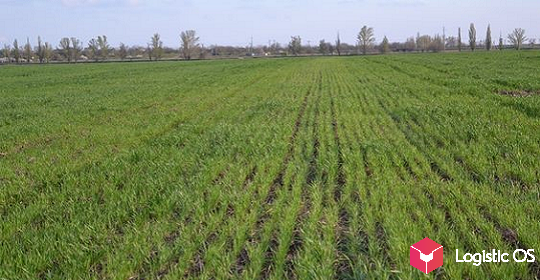Despite the new American sanctions imposed on the Moscow Exchange on June 12, food trade with different countries should continue.
Sanctions against the Moscow Exchange will not be able to hit Russian agricultural exports hard, most experts believe. There should be no global disruptions in trade, but we will have to adapt to new conditions.
Previously, the Moscow Exchange set a price at which trading took place. This was the case with food and currency.
Now these trades will move to the over-the-counter market. It will take time to get used to it, but nothing will change significantly.
In addition, some Russian exporters are still not subject to Western sanctions, since this is not beneficial to the Western countries themselves.
Russia is a leading player in the world market for many types of agricultural products, and if we refuse supplies from the Russian Federation, this could cause a significant shortage and/or lead to higher prices.
In the same way, some Russian banks through which settlements take place are also not included in the “sanctioned” list.
Moreover, food trade itself is completely exempt from sanctions.
True, this is still hampered by restrictions against individual companies and payment methods. But Russian business has been living in such conditions for quite a long time and has learned to overcome all or almost all existing difficulties.
At the same time, new restrictions encourage people to avoid risks.
Firstly, we are talking about refocusing on new markets, including the countries of the global South and East.
Recently, Russia has been actively moving along this path, and now, when payments in dollars and euros have become even more difficult, it is obvious that the movement will accelerate even more.
Secondly, Russia is actively developing settlements in friendly currencies, primarily in rubles and yuan.
True, experts warn that the process of replacing some currencies in settlements with others is unlikely to be quick; it may drag on for many years. However, it has already begun, and it is unlikely that anything can stop it.
So far, the share of payments in rubles does not exceed 8%, analysts say. But in the near future it can grow a lot.
Now for foreign companies that want to make payments in rubles, there is a simplified procedure for opening a ruble account and making conversions.
Therefore, with a high probability, the trend will continue, since Russian products are in demand abroad, and the demand for them is unlikely to fall, and it is much more comfortable and convenient for Russian exporters to sell their products for rubles.

